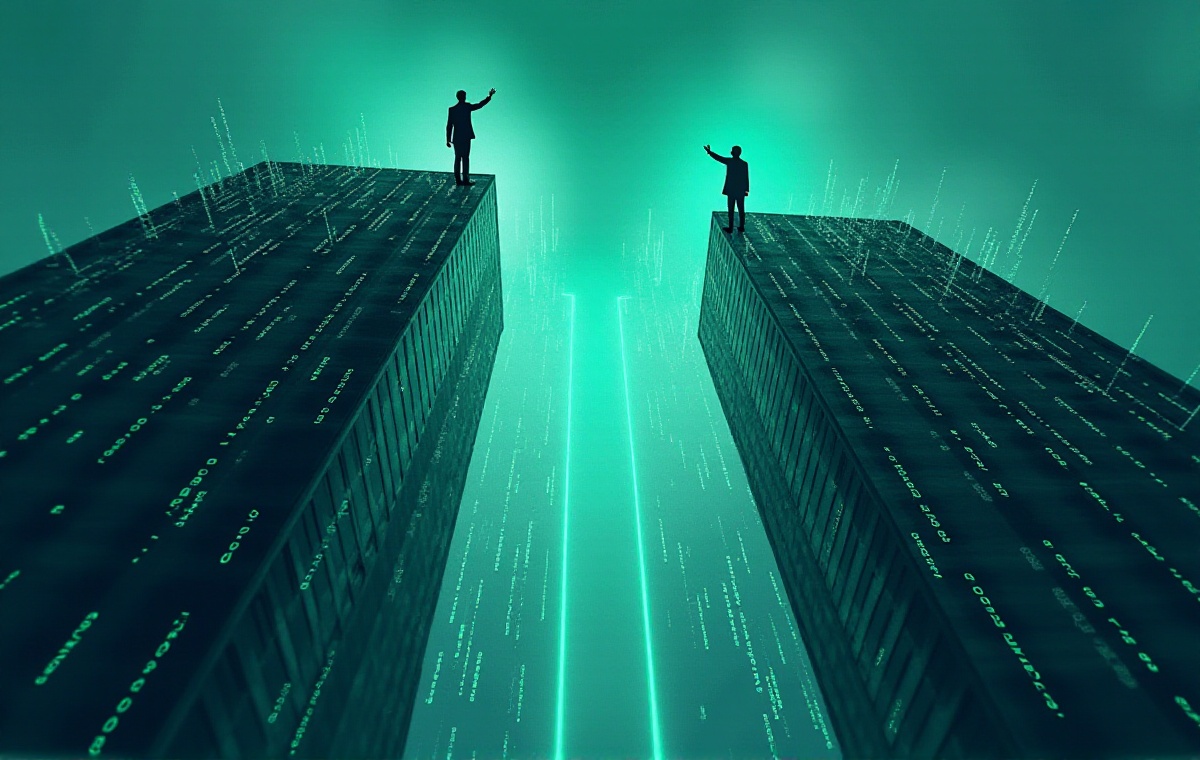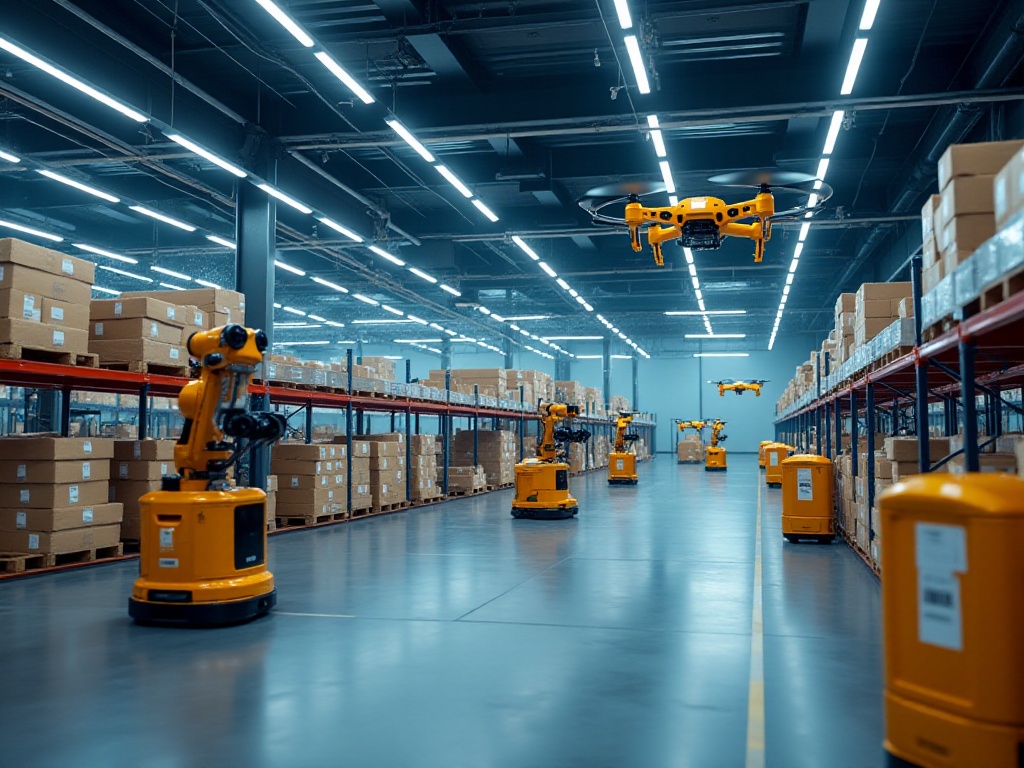Opening Chat
I've been really excited lately - every visit to Starbucks brings a new experience! The other day, a staff member with a smart tablet not only instantly recognized my membership level but also recommended my favorite flavors! It's like they can read my mind!
Honestly, when I first started going to Starbucks, I would spend ages deciding what to order, worried about choosing something I wouldn't like. Now, I just open the app, get smart recommendations, and easily find drinks I enjoy. This really shows how technology is changing our lives.
Data Speaks
The power of AI is evident in Starbucks' recent financial reports. The Q4 2023 numbers are eye-popping: AI-powered recommendations increased member retention by 23%! Average spending also grew by 15%. These figures seem incredible, but they make sense.
Now whenever I open the app, I receive perfectly tailored recommendations, sometimes even notifications about sales on my favorite items. Honestly, this feeling of being "pampered" is addictive. Starbucks' membership system has become so sophisticated - from points to tier upgrades, exclusive offers to birthday perks - I can't help but want to buy more drinks.
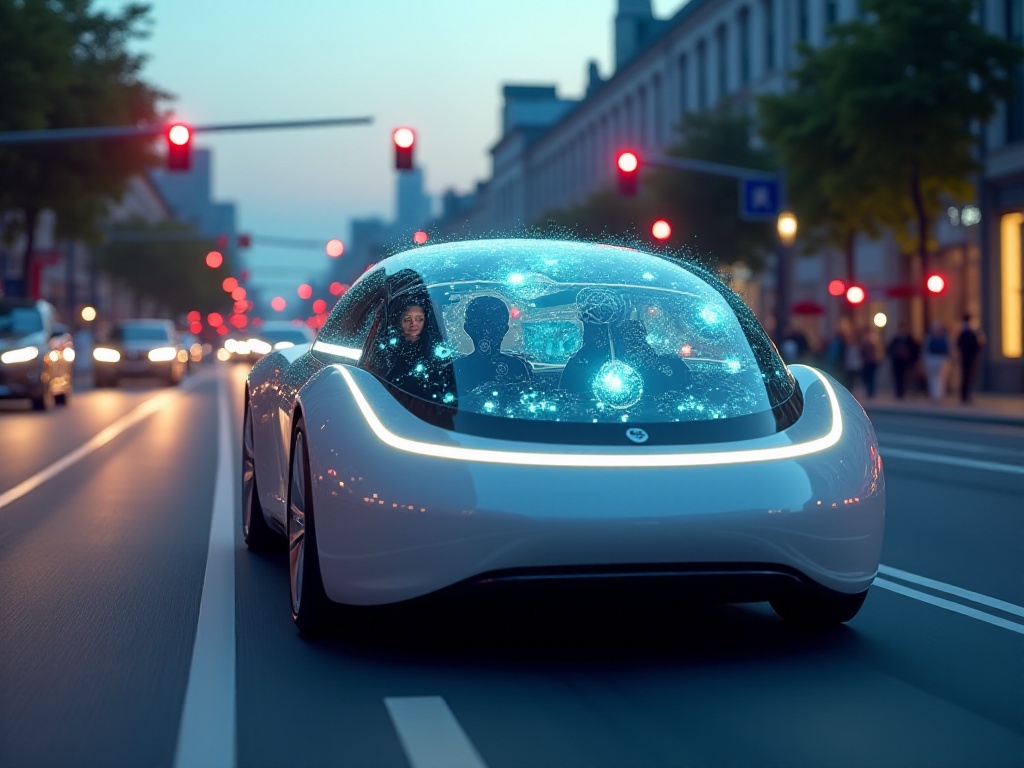
Technical Breakdown
So how does Starbucks know each customer's taste so well? There are three powerful AI technologies behind it.
The first is the personalized recommendation system. It's like having a friend who knows all your preferences. It remembers everything - what drinks you usually order, your preferred sweetness level, temperature - everything. It even makes thoughtful recommendations based on weather and seasons.
In summer, when the system notices I love iced Americanos, it immediately pushes related new product information. In winter, it thoughtfully recommends hot drinks. On rainy days, it even suggests trying hot chocolate. This level of attention really makes you feel special.
The second technology is the intelligent inventory management system. This is truly a game-changer for store operations. It analyzes historical sales data and factors like weather forecasts to accurately predict how many cups of coffee will be sold and how many ingredients to prepare.
I heard that stores using this system never face the embarrassing situation of running out of ingredients after customers wait in line. Most impressively, this system has helped Starbucks reduce inventory costs by 18%! That adds up to significant savings.
The third is the smart pricing system. This is particularly interesting as it automatically adjusts prices based on customer traffic during different periods. For example, during quiet times like weekday afternoons around 2-3 PM, special offers become available.
Sometimes when I'm scrolling through my phone and suddenly receive a Starbucks notification about afternoon tea specials, I immediately want to meet friends for a drink. This mechanism benefits both consumers and helps stores increase revenue during off-peak hours - a win-win situation.
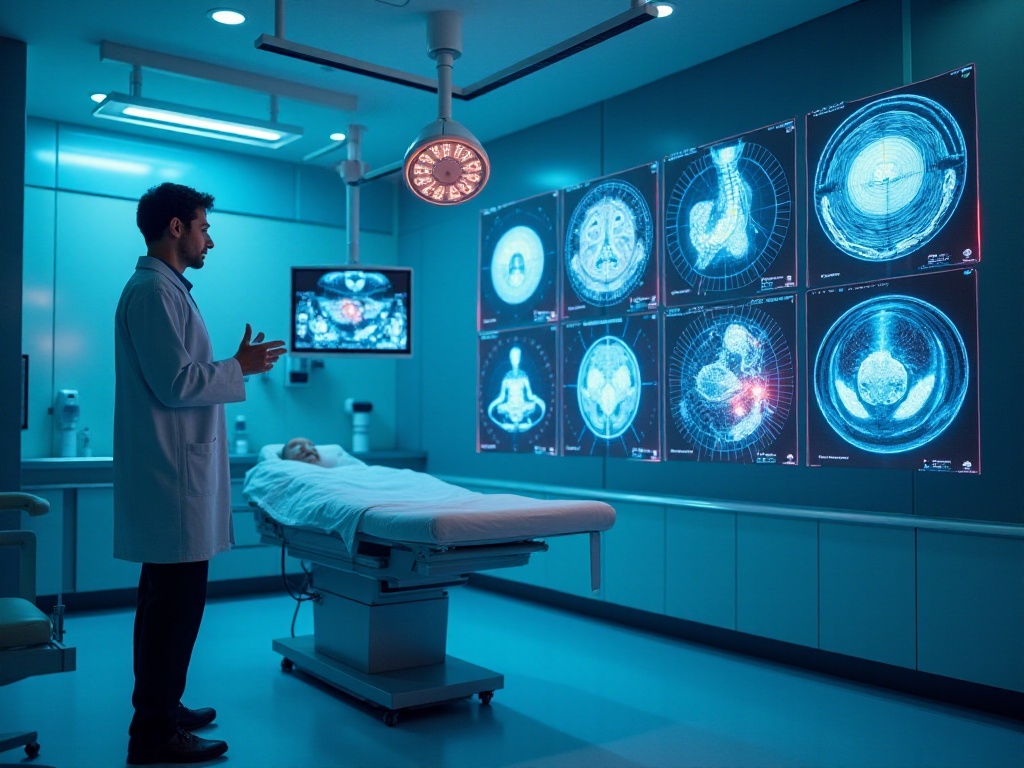
User Experience
As a heavy Starbucks user, I've become increasingly dependent on these AI conveniences. Last winter, I tried their new chestnut latte and instantly fell in love with it. Amazingly, ever since then, whenever the weather turns cool, the app timely recommends similar products.
Once on a rainy day, while I was wondering what to drink for lunch, my phone pushed a notification for chestnut latte with the message "How about a warm chestnut latte for this weather?" Honestly, this kind of "special treatment" is irresistible.
However, I sometimes wonder if having AI know my preferences so well might limit my chances to try new things, since the system tends to recommend products I'm most likely to enjoy.
But then again, Starbucks' AI system does occasionally introduce new products within my comfort zone. Like when it recently recommended trying the matcha Frappuccino - although I don't usually drink matcha, I tried it and really enjoyed it.
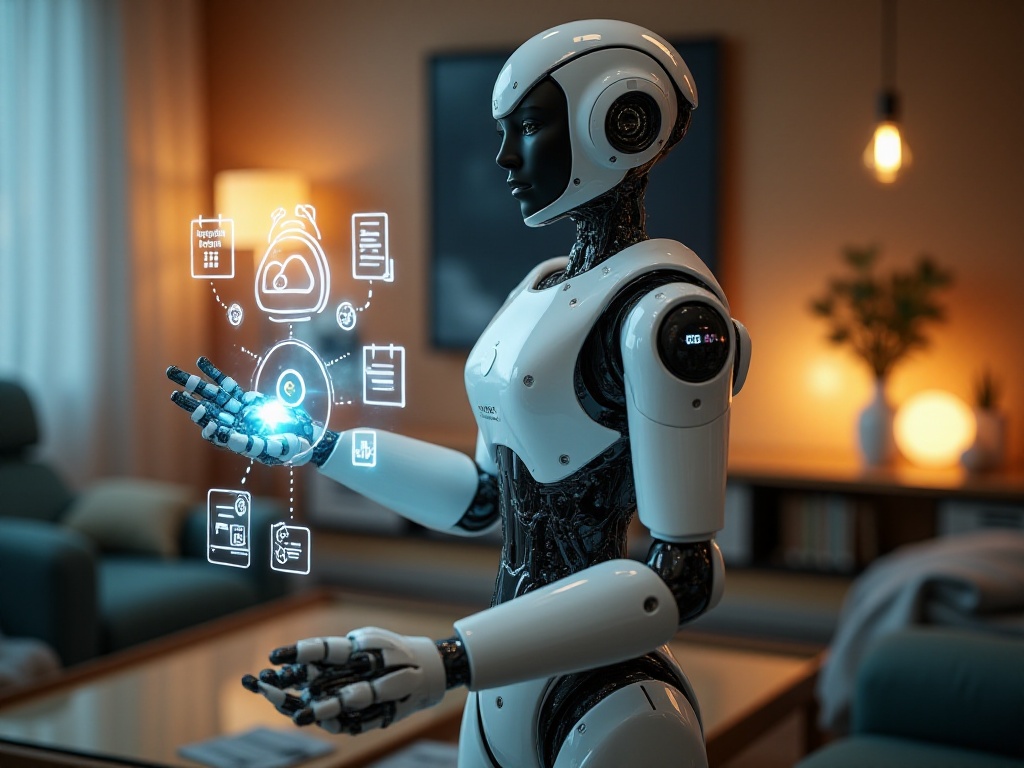
Industry Insights
Starbucks' success with AI has become a lesson for the entire food service industry. More and more chain restaurants are now following this model. According to McKinsey's latest report, 35% of China's food service businesses are using AI technology in 2024, expected to exceed 50% next year.
This data isn't surprising. Now at other chain coffee shops, you often see similar smart services. Some brands have developed even cooler features, like analyzing your social media to predict flavors you might like.
However, Starbucks still does it best. They're not just leading in technology application, but more importantly, they've integrated these technologies naturally into the user experience, making it feel completely seamless.
Future Outlook
Looking ahead, AI applications in the coffee industry might become even more sci-fi. Some brands are reportedly testing facial recognition technology - in the future, you might walk into a store and be recognized without showing your phone, with your purchase history and preferences immediately pulled up.
Even more impressive, future AI systems might recommend drinks based on your facial expressions and mood. If you look down, they might suggest energizing drinks; if you seem stressed, they might recommend relaxing herbal teas.
There's even talk about fully automated coffee making becoming a reality soon. We might see staff-less coffee shops where smart robots make all the drinks. Though honestly, while this sounds cool, I still prefer interacting with real baristas.
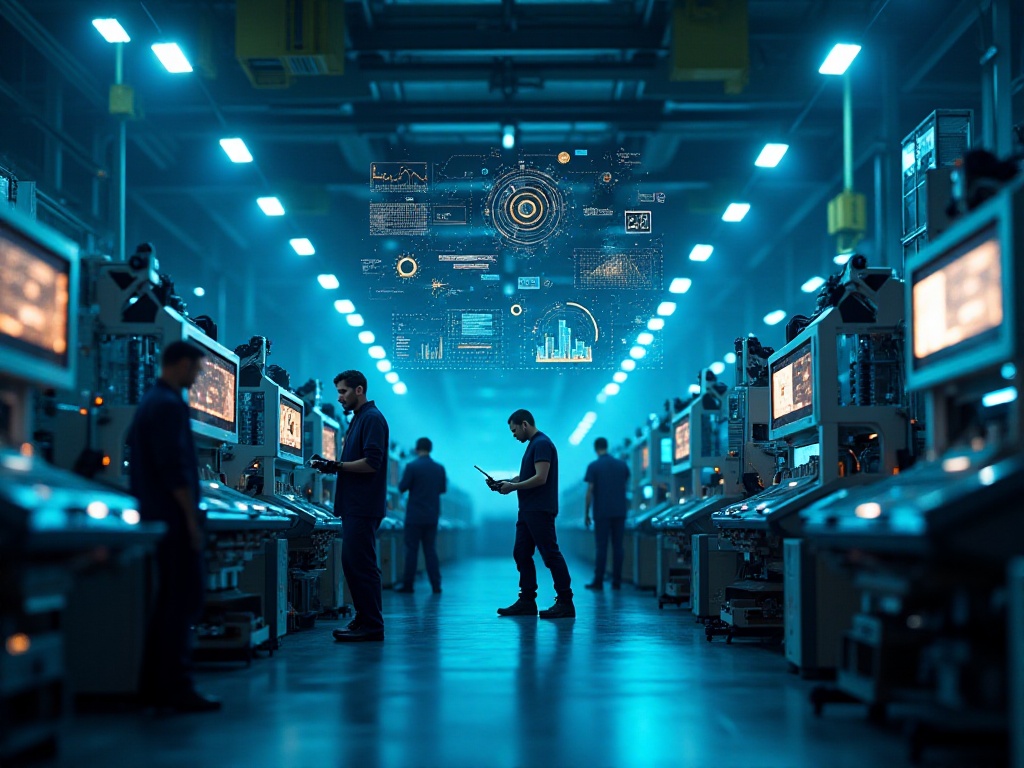
Helpful Tips
Here's a tip: if you're a regular Starbucks customer, definitely explore the personalized recommendation features in the app. I've discovered many hidden menu items I didn't know about, and many suit my taste perfectly.
Also, pay attention to promotional information in the app. Sometimes there are great member-exclusive deals you wouldn't want to miss. Now promotions are pushed based on personal consumption habits, so you mostly receive offers you're interested in.
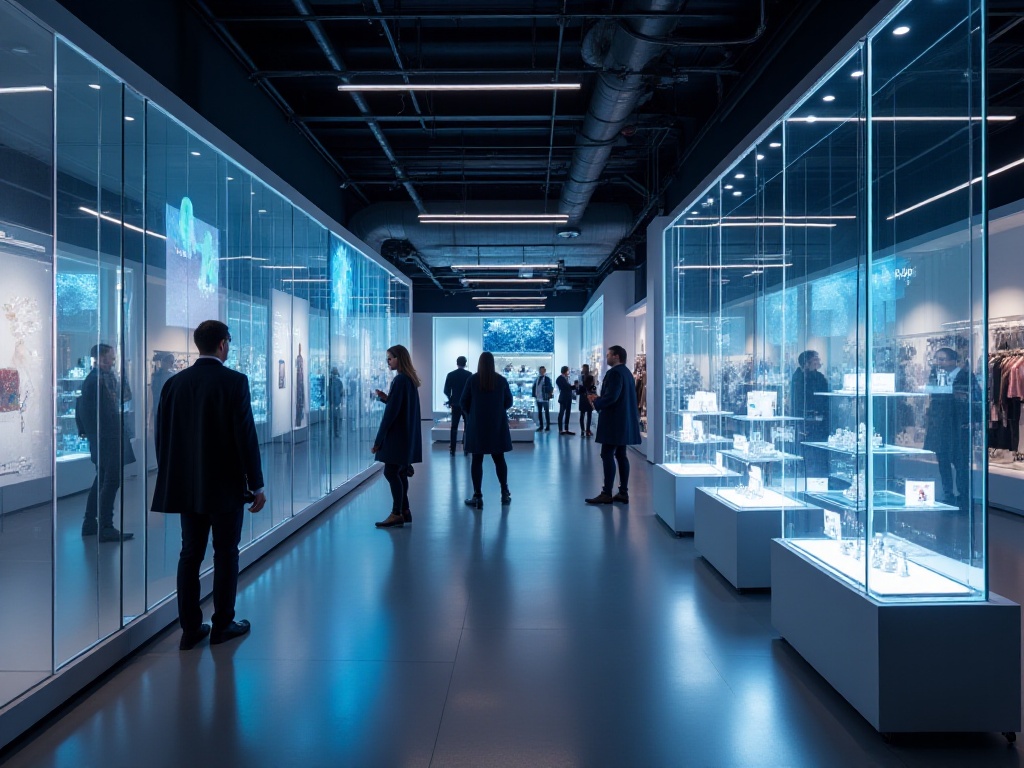
Conclusion
Watching how AI gradually changes our lifestyle is fascinating. Rather than passively accepting these changes, we should actively understand and use these new technologies. After all, the ultimate goal of technological development is to make our lives more convenient and better.
In this era of rapid AI development, we are all witnesses and participants. Perhaps in a few years, looking back at today's coffee consumption experience will seem primitive. But as long as technology makes our lives better, that's a good thing.
Looking forward to more surprises from future coffee shops. Maybe one day, AI will truly become our "confidant," not just recommending coffee we like but also chatting with us. Such a future is definitely something to look forward to!

